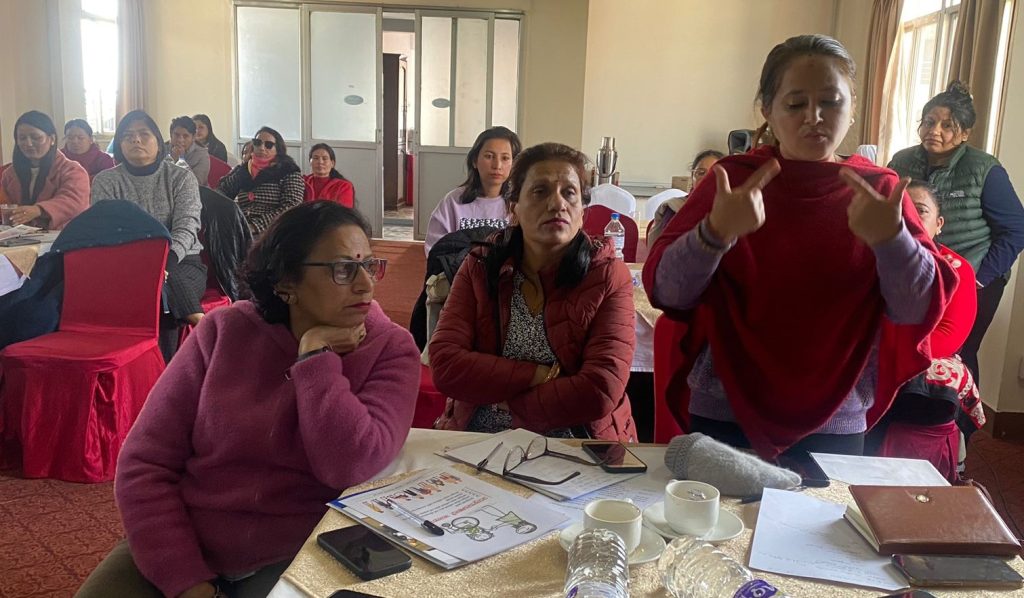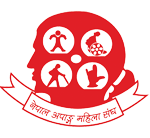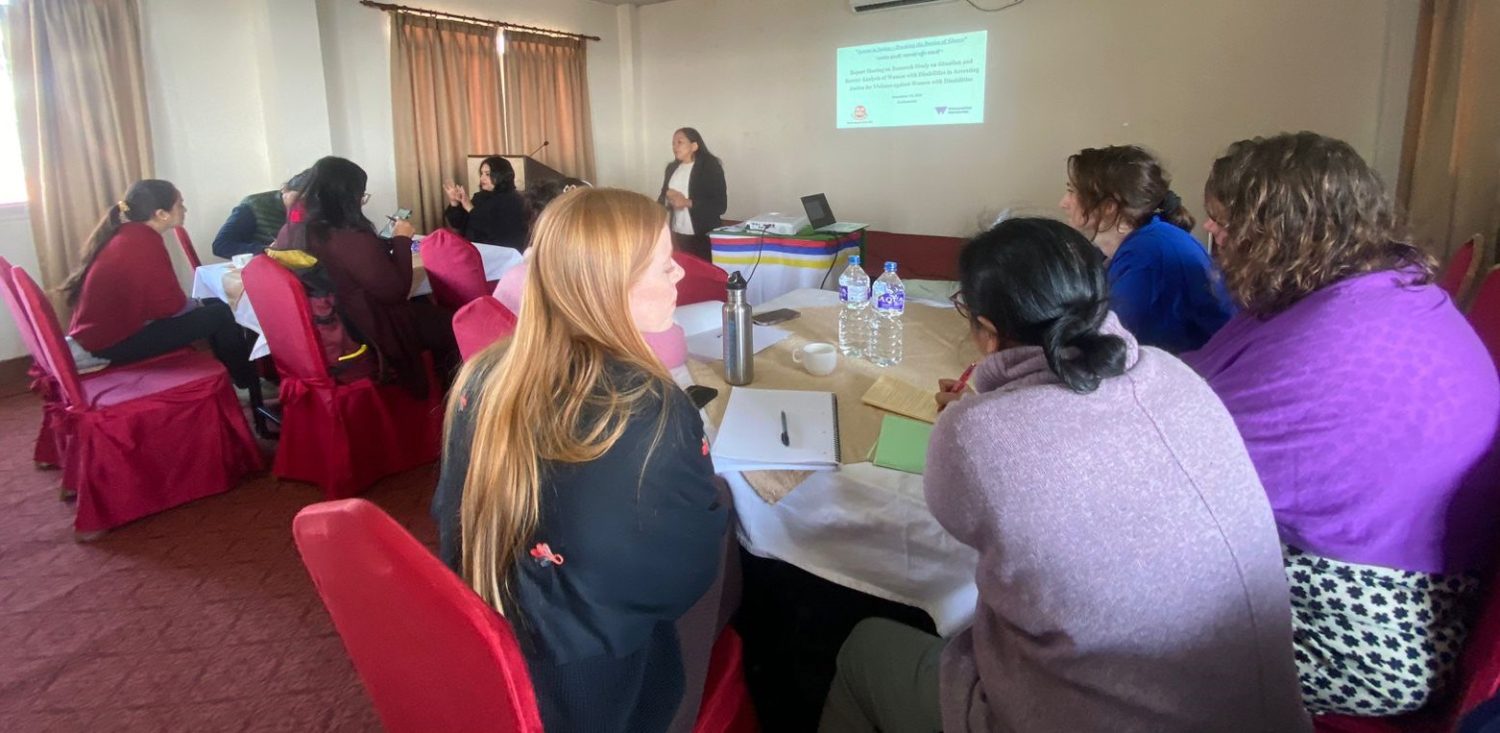Nepal Disabled Women Association NDWA has published the findings of a preliminary research study conducted on the Situation and Barrier Analysis of Women with Disabilities in Access to Justice for violence against women with disability.
This research conducted with the support of Women Kind UK, has shown that the situation of access to justice for women with disabilities is very hard and complicated. The research shows that there is no environment for women with disabilities to get justice they are not willing to go through the judicial process. It also focuses that the services provided by the justice mechanism are very slow, ineffective, and inaccessible.

The study indicates that women with disabilities also have a deep impact and influence that women should tolerate violence which is a traditional narrative established by society.
According to the study, women with disabilities are mostly dependent on their families, so there is no environment to get justice though those who get help and support from family and community tend to seek justice.
The study also shows that even justice mechanisms like police raise the issues that they are facing the problem during the collection of evidence on behalf of women with disabilities who are victims of violence.
Stakeholders who participated in the program said that there is a big gap between the two as it was seen that the service provider claimed to have provided the service but the service recipient did not feel that they had received justice.
In the program, the director of Women Kind, Sierra, said that they will discuss further collaboration with the Nepal Disabled Women Association in the future.
Dev Kumari Parajuli, general secretary of the NDWA, said that this study will help in evidence-based advocacy in the future. Meena Poudel, the vice president of the NDWA, facilitated the program.
Including different municipalities, OCMC, representatives from the CSOs, and OPDs 35 participants participated in the program.

 Nepali
Nepali
